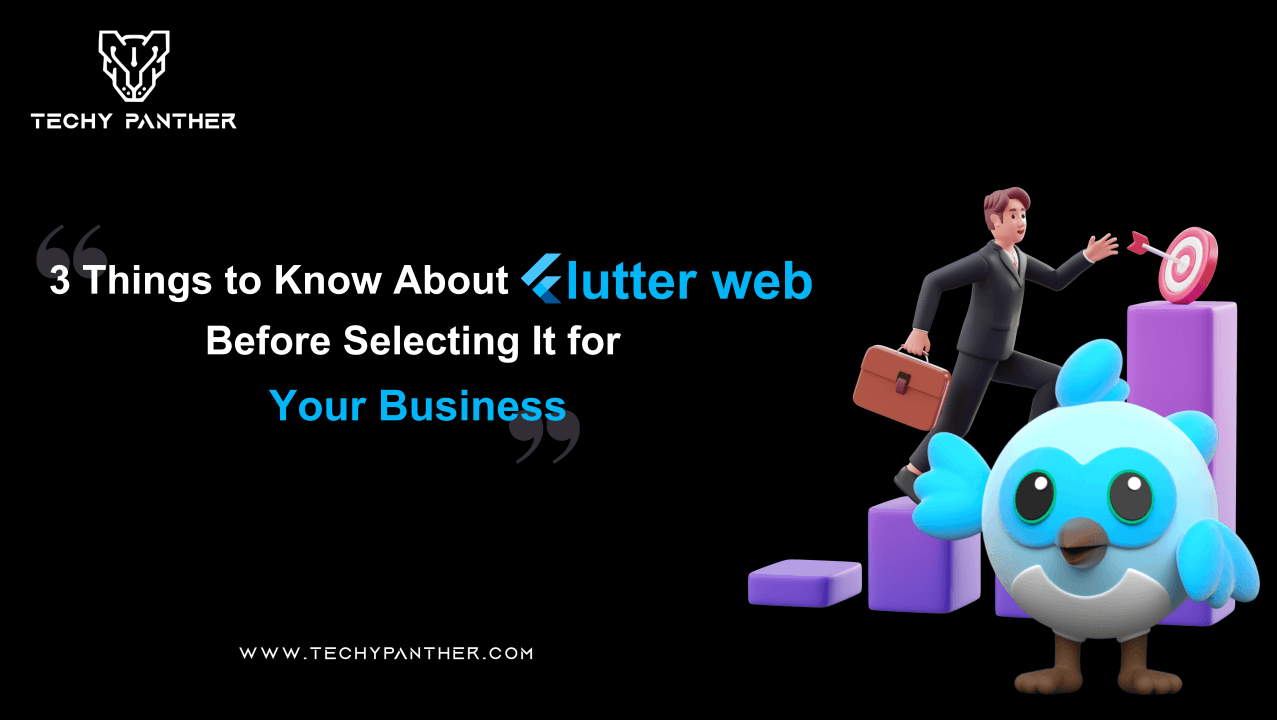
Flutter 3.16 is here, bringing in some cool stuff! There’s Impeller in preview mode and Predictive Back Navigation for Android 14. Plus, now you can use Flutter widgets in certain iOS extensions. Game developers will love the updates in the Flutter Games Toolkit. This is the last big update of the year, focused on speeding up our development and making our projects better. Let’s check out the important new features in Flutter 3.16.
Flutter Web officially launched in March 2020 and increased Flutter’s capability by adding another platform to build the web using the same Flutter code used by the developer for mobile application development. Right now, Flutter is mature enough to build almost everything for web applications. While Flutter Web holds immense potential, it’s important to understand its limitations before diving into its development.
Here are three key things to consider before choosing Flutter Web for your next product:
Content such as articles or blog posts, for instance, may be difficult to index, which may affect how visible your website is in search results. Furthermore, using Flutter can make it more difficult to integrate web-specific capabilities like structured data and metadescriptions.
Despite these considerations, Flutter Web has several advantages:
If the data is not part of the SEO services at that time, you can use the Flutter web app. How?
Data is used in SEO services such as real estate listings and e-commerce. Here, your properties and product data can be searched by the users, which helps increase the visibility of your platform. Here, the Flutter web app is not for your business.
Data is not part of SEO services such as CRM, LMS, Inventory Management System, etc. These data are not shared for public use; they’re for personal or internal use. So, in that case, data is not part of the SEO services, and you can use the Flutter Web App for your business.
Provide a provision for the user to redirect to the Flutter Web applications from your informative website, which has the capability of SEO services and is built using WordPress, React, or any other technologies. How?
For products like CRM, EMS, Inventory management systems, etc., you can create an informative website with all SEO content, like a Home page with Services, Portfolio, Client feedback, and Blogs, and this content helps to give more reach to your platform. But when customers reach your website and try to log in or onboard themselves, you can redirect them to the Flutter web app to use your business services. The login and registration buttons will redirect the user to the Flutter web app, which is a good example of it.
So, for your next product, should you go with Flutter Web? It depends. You might be better off with other technologies if SEO and performance are your main concerns. Flutter Web, however, can be an effective tool if you place a high value on a unified codebase, an expressive user interface, and quick development.
The choice ultimately comes down to carefully balancing the benefits and drawbacks within the framework of your unique project requirements.
I hope you found this article useful! Please feel free to ask any questions in the comments section below.
Let’s connect to build a Flutter ecosystem for your next projects.
Connect with us to go live
Sales Team
HR Team
© 2022 Created with Techy Panther